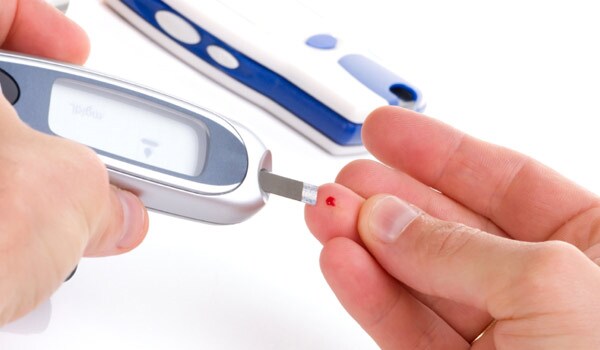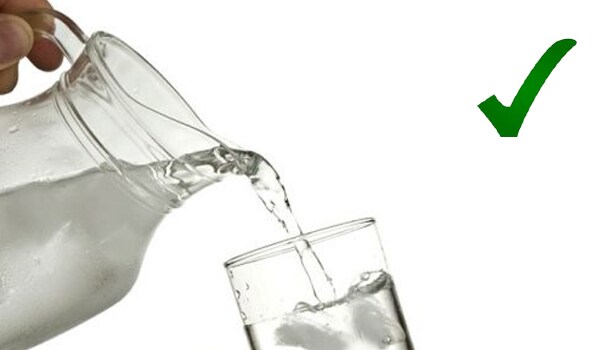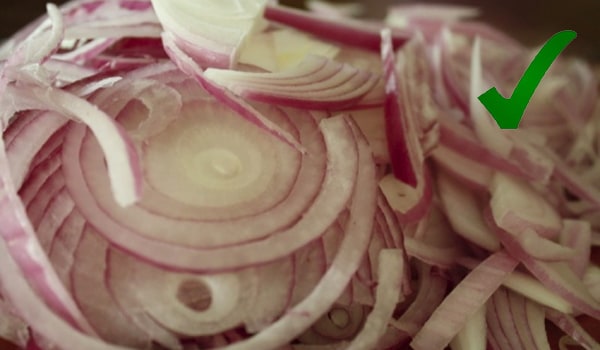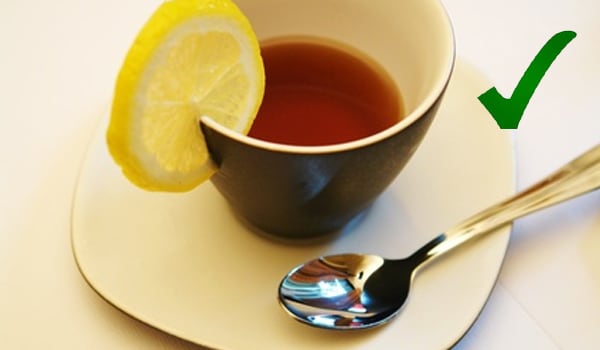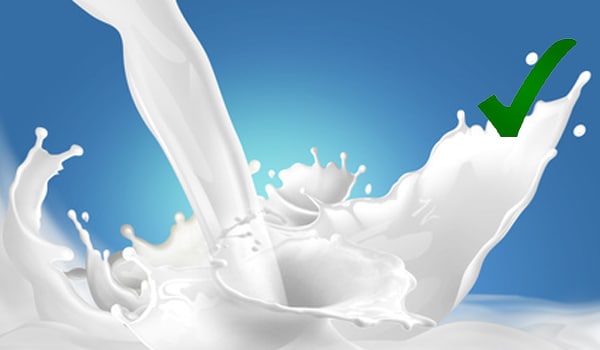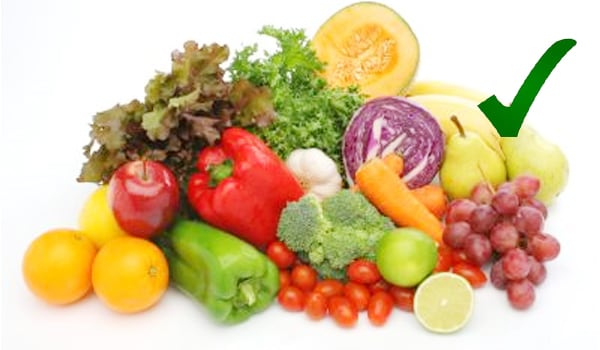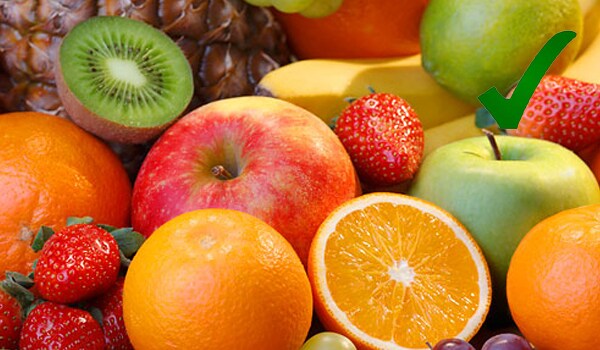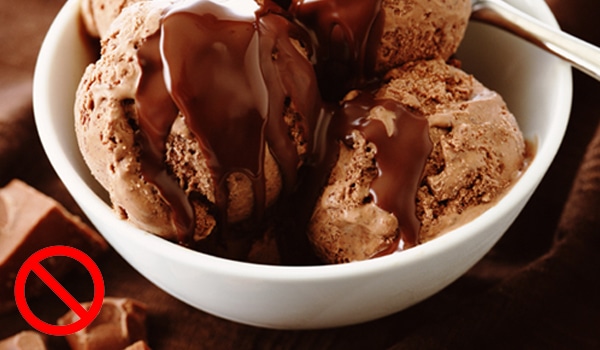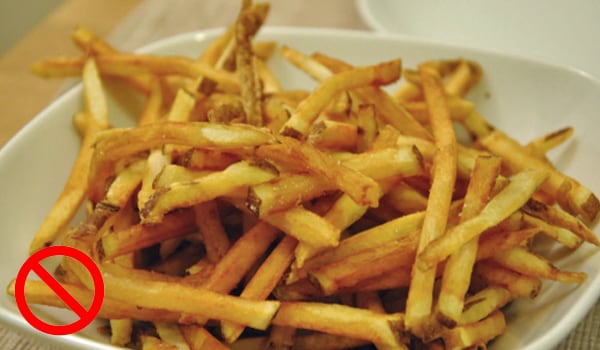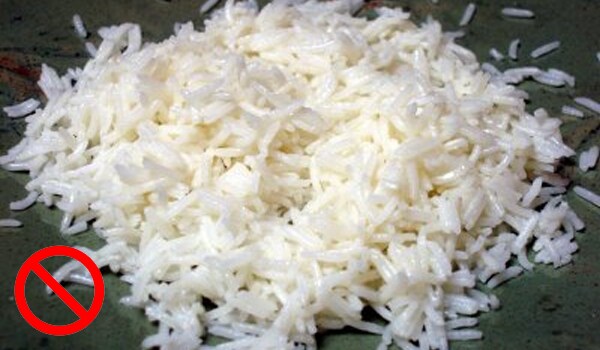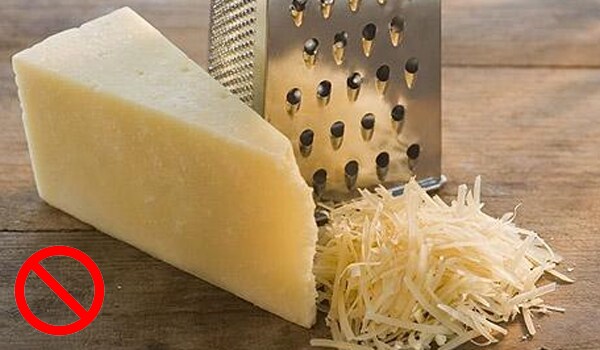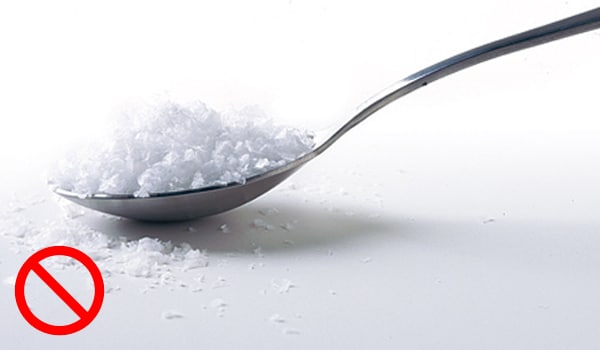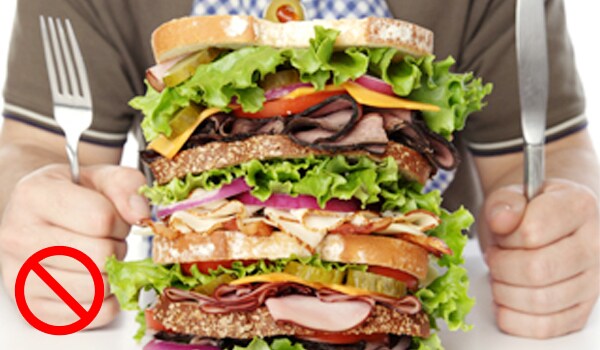Health Photos
-
Diet plays an important role in the treatment of diabetes. The diet plan of an individual is based on height, weight, age, sex, physical activity and nature of the disease conditions. Here are some DOs and DON'Ts for managing diabetes.
-
Drink plenty of water. Water is important for everybody, but especially for diabetics because decrease of the hydration-level can cause serious health problems.
-
Eat 20 - 25 grams of raw onion daily. Onions contain properties that actually fight against diabetes. It also aids digestion besides serving as a diuretic.
-
Try to switch to herbal tea rather than caffeinated tea.
-
Try to choose low or non-fat varieties over full-fat dairy products, as they are lower in saturated fat and cholesterol.
-
Eat at least 3 servings of fresh vegetables daily. Vegetables that can be consumed in larger quantities by diabetics are cabbage, mint, spinach, bitter gourd, lady's finger, cauliflower, cucumber, carrots, radish, onion stalk and pumpkin.
-
Current recommendations for diabetics are to take plenty of fruits and vegetables, as naturally occurring fruit sugar (fructose) is more slowly absorbed than sucrose, and raises the blood glucose to a lesser extent. Very sweet fruits (mango, banana, chikoo etc) can be taken in small portions, along with a meal to reduce the spike in blood glucose.
-
It is very important to never skip any meal. It is easier to keep blood sugars stable if you eat your meals at the same time everyday.
-
Avoid eating or drinking anything containing a lot of sugar likes cakes, sweets, chocolate etc.
-
Stop eating fried or fatty foods. Try baking or broiling the food instead of frying.
-
Avoid eating large quantities of lots of rice, potatoes, bananas as these can raise your blood sugar level.
-
You can take dairy products like milk and yoghurt but avoid fatty products like butter, cheese, ghee etc. It is better to use low fat milk or skimmed milk.
-
Diabetes can put you at increased risk for hypertension and cardiovascular complications. Try to reduce the intake of salt in your food.
-
Don't overeat at any time of the day.


